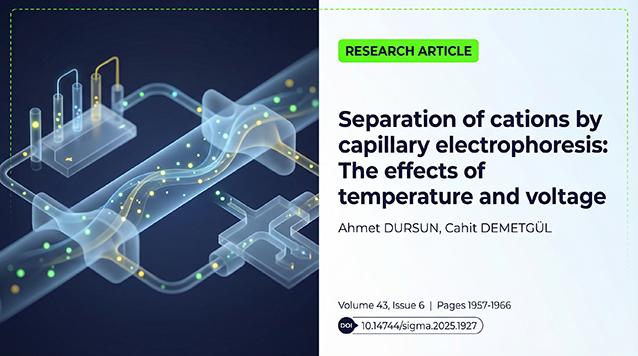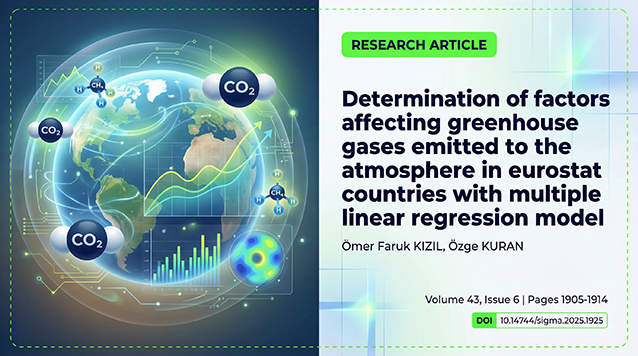2Department of Computer Science & Engineering, CVR College of Engineering, Hyderabad, Telangana, India
3Department of (AI & DS), Sree Rama Engineering College, Tirupati, Andra Pradesh, India
4Department of Computer Science & Engineering, (AI &ML), Santhiram Engineering College, Nandyal, Andra Pradesh, India
Abstract
In the recent eras wireless sensor networks are considered as the most progressive area of research due to the recent advances in the utilization of vast range sensor applications in our life’ routine. It is considered as a promising technology because of its imperative necessity in the context of developing revolutionary technologies for smart city applications and ecological monitoring. Despite several existing techniques, still there are several unaddressed challenges and open issues in current generation wireless sensor networks. The design of energy-efficient approaches in WSNs faces challenges such as optimizing routing under dynamic network conditions, balancing trade-offs between energy consumption and data reliability, and ensuring scalability for large-scale deployments. Additionally, the lack of adaptive localization techniques and efficient data aggregation methods limits network longevity and performance in real-world applications. To address the current research trends, in this article is to formulate a systematic study of recent computational intelligence techniques like Genetic algorithm, Fuzzy logic, Ant Colony Optimization and Machine Learning and Some other Sub domain Specific protocols contributed to develop and implementation of energy-efficient protocols that could be deployed in wireless sensor networks. For example, GA-based approaches have demonstrated up to 30–50% improvements in network lifetime, while ACO-based routing methods have reduced energy consumption by approximately 25–40% compared to traditional techniques. The result of the study includes a systematic comparative study of computational techniques, research gaps and challenges in the field of Wireless Sensor Networks (WSNs) that support next-generation research.















